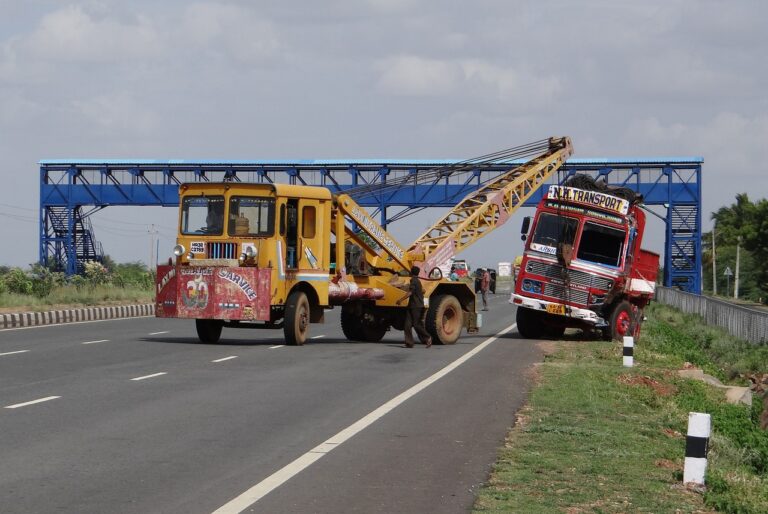Voter ID Verification and the Digital Divide: 11xplay, Gold365.win, Skyexchange registration
11xplay, gold365.win, skyexchange registration: In today’s digital age, the use of technology has become an integral part of our daily lives. From online shopping to social media, digital tools have revolutionized the way we interact with the world around us. However, when it comes to voting, the transition to digital processes can pose challenges for some individuals, particularly in the realm of voter ID verification.
Voter ID verification is a crucial aspect of the voting process, ensuring that only eligible individuals are able to cast their ballots. Traditionally, this verification has been done through physical forms of identification, such as driver’s licenses or passports. However, with the shift towards digital processes, many states have started to implement online voter registration systems that require individuals to submit digital copies of their identification.
While this shift towards digital verification may streamline the voter registration process for many, it can also create barriers for individuals who do not have access to the necessary technology. This digital divide, fueled by factors such as socioeconomic status and geographical location, can prevent certain individuals from being able to verify their identity online and participate in the voting process.
One of the key challenges posed by the digital verification process is the requirement for individuals to have access to a computer and internet connection in order to submit their identification online. For those who do not have these resources readily available, accessing digital verification systems can be a daunting task.
Furthermore, individuals who are not familiar with technology may struggle to navigate the online verification process, leading to potential errors or delays in their voter registration. This lack of digital literacy can further exacerbate the digital divide, disenfranchising those who are already marginalized in society.
To address these challenges, it is crucial for policymakers to consider the implications of digital verification on voter participation and take steps to ensure that all individuals have equal access to the voting process. This could involve providing alternative methods of verification for those who do not have access to technology, such as allowing individuals to submit physical copies of their identification in person.
Ultimately, bridging the digital divide in voter ID verification is essential for upholding the principles of democracy and ensuring that all eligible individuals have the opportunity to exercise their right to vote.
FAQs:
Q: What alternatives are available for individuals who do not have access to digital verification tools?
A: Some states allow individuals to submit physical copies of their identification in person as an alternative to online verification.
Q: How can policymakers address the digital divide in voter ID verification?
A: Policymakers can implement measures that provide equal access to the voting process, such as offering alternative methods of verification for those who do not have access to technology.
Q: What role does digital literacy play in voter ID verification?
A: Digital literacy is important for navigating online verification systems, and lack of knowledge in this area can create barriers for individuals trying to verify their identity.
Q: How can individuals advocate for more inclusive voter ID verification processes?
A: Individuals can reach out to their local policymakers and advocate for measures that prioritize equal access to the voting process, particularly for those facing the digital divide.







